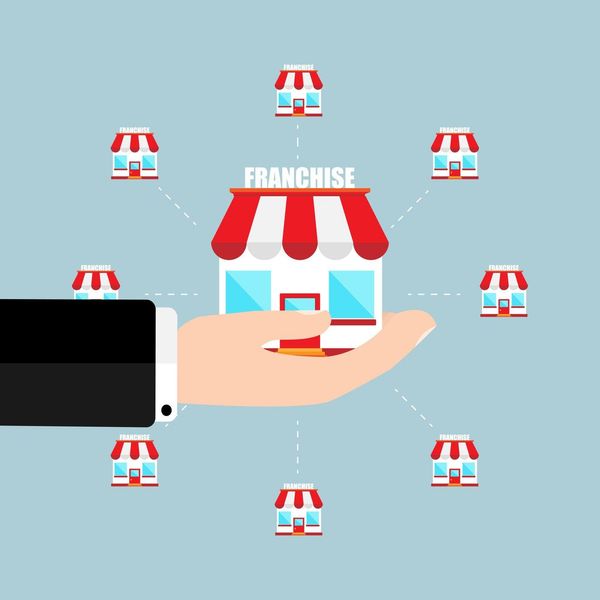
Selling a Franchise? Assignment Clauses Can Make or Break a Franchise Sale
There are two types of assignments that affect the ability of a franchisee to buy or sell their franchise. Lease assignment clauses apply only to those concepts that require commercial space, but all franchise concepts have assignment clauses in their Franchise Agreement. These are what can restrict your ability to sell your franchise.
Following these steps can help you prepare for the day when you might want or need to sell your business, but in the end you must understand that selling a franchise is not an easy task.
Steps to selling a franchise
1. Find a buyer
First, you must find someone who wants a business in your location. In addition, they have to be sold on more than the location, but the franchise system too.
2. Your buyer must apply to become a franchisee
Next, they must become authorized franchisees of the system, typically by filling out an application, taking a test, receiving the Franchise Disclosure Document (FDD) and other disclosure documents, signing the Franchise Agreement, paying a franchise fee, and attending training. This can be a time-consuming and a ridiculously high hurdle.
More articles from AllBusiness.com:
- Assignments Clause in Contracts
- Key Issues with Confidentiality and Invention Assignment Agreements With Employees
- Guide to Hiring Employees
- Key Issues with Confidentiality and Invention Assignment Agreements With Consultants
3. Franchisor must approve franchisee buyer
The next step is that the franchisor must approve the new franchisee to buy YOUR franchise. Believe it or not, the franchisor may attempt to talk your buyer into another location, or deny the assignment because the new franchisee isn't experienced enough to buy your franchise location, or because they live too far away, or other reasons.
The franchisor will then likely require significant documentation and procedures to be followed in order to close escrow, and their transfer department may take weeks to authorize a sale. During this time, your buyer could get cold feet and back out of the deal, or events could happen in your franchise to reduce the value to the buyer.
Real-life story: I had a buyer for one of my stores who was a very successful convenience store and gas station owner, with more than $1,000,000 in cash. He offered me a fair price, all cash, for my franchise. Even though he was clearly a successful businessman, he failed the standardized math test that this nationally known sandwich franchise required and was denied a franchise.
4. Franchisor assess an assignment fee
Finally, the franchisor will assess an assignment fee, oftentimes significant, to enable you to sell your business. After buying your franchise, should your buyer default on any of their obligations that affect you, including lease payments or seller financing, you probably won't have the ability to repossess the business because you are no longer an authorized franchisee.
Before you become a franchisee . . .
Thoroughly understand the franchisor's assignment process BEFORE you agree to buy a franchise, and accept that selling a franchise involves significantly more "friction," ancillary costs, and time than selling an independent business.
RELATED: Buying a Franchise vs. an Independent Business: What Are the Pros and Cons?
About the Author
Mark Leonard is a franchise expert and former franchise owner who offers prospective franchisees an inside look at this unique business opportunity. He is the author of 7 Surefire Steps to Buying a Profit-Making Franchise. Mark is no longer affiliated with any franchise, and neither seeks nor receives any financial consideration from any franchisor.



